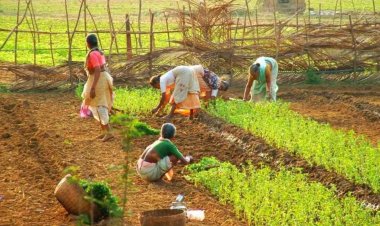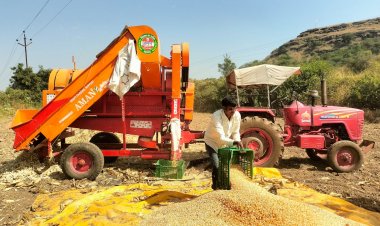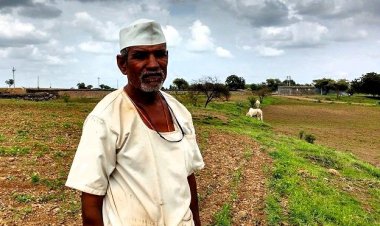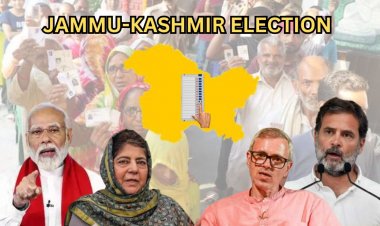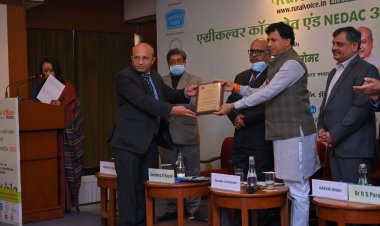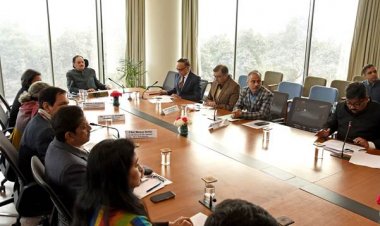16th Finance Commission and conservation of Natural resources
The 13th FC did make a special reference to water conservation and management efforts . It said ‘Injudicious inter-sectoral and intra-sectoral distribution of water amongst various categories of water users, low water use efficiency, fragmented approach to water resources planning and development, low water user charges and meagre recovery are some of the major problems associated with the management of water resources in the country.
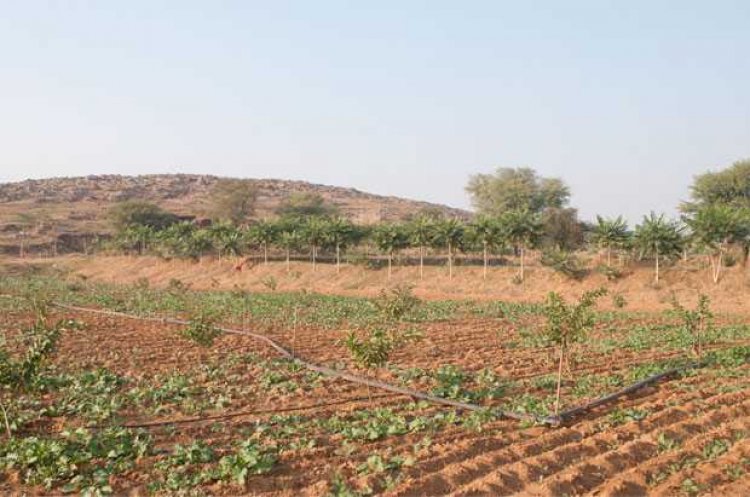
The 16 th Finance Commission (FC) has been notified with Dr Arvind Panagaria as its chairman. The following terms of reference have been notified.
i.The distribution between the Union and the States of the net proceeds of taxes which are to be, or may be, divided between them under Chapter I, Part XII of the Constitution and the allocation between the States of the respective shares of such proceeds;
ii.The principles which should govern the grants-in-aid of the revenues of the States out of the Consolidated Fund of India and the sums to be paid to the States by way of grants-in-aid of their revenues under article 275 of the Constitution for the purposes other than those specified in the provisos to clause (1) of that article; and
iii.The measures needed to augment the Consolidated Fund of a State to supplement the resources of the Panchayats and Municipalities in the State on the basis of the recommendations made by the Finance Commission of the State.
The above is exactly as per the provisions of Article 280 of the constitution. Unlike the 15th Finance Commission’s terms of reference, the current notification stays away from all controversial references. This might give the commission adequate space to allocate resources to achieve national priorities. While poverty, population, and geographical area have been used as major benchmarks by earlier Finance Commissions, the 15 th FC had a reference to Forest & Ecology carrying a weightage of 10% .
The 13th FC did make a special reference to water conservation and management efforts . It said ‘Injudicious inter-sectoral and intra-sectoral distribution of water amongst various categories of water users, low water use efficiency, fragmented approach to water resources planning and development, low water user charges and meagre recovery are some of the major problems associated with the management of water resources in the country. A statutory autonomous institution at the state level could help in addressing these issues.
We recommend setting up of a Water Regulatory Authority in each state and specification of a minimum level of recovery of water charges. The proposed regulatory authority may be given the following functions:
i) To fix and regulate the water tariff system and charges for surface and sub-surface water used for domestic, agriculture ,industrial and other purposes.
ii) To determine and regulate the distribution of entitlement for various categories of uses as well as within each category of use.
iii) To periodically review and monitor the water sector costs and revenues.
The Commission had allocated Rs 5000 crores for the purpose. This , however, did not make a big impact nor was the effort followed through. In any case, water is only one, though major, component of natural resources.
The rapid erosion of natural resources: soil and water in particular, is causing serious concern. While Policy makers are alarmed at the state of affairs in many parts, farmers are worried about the future of agriculture as well. They do understand that they cannot do much individually. They are , as is obvious in some rural consultations, large policy and schematic interventions from the state to set this right. This could soon snowball into a major concern jot only of environmentalist, but of farmers as well.
India’s National and International commitments which include the following have also to be kept in mind:
-Bringing 10 million hectares of land under Natural Farming by 2027
-Restore 26 million hectares of degraded land by 2030 (UNCCD COP 2019)
-Facilitating crop residue management on 4.1 million hectares by 2024 (Outcome Budget 2023-24)
-33 per cent of India’s geographic area to be covered under forests and tree cover (NAPCC 2008)
-Creating an additional carbon sink of 2.5 -3 billion tonnes of CO2 equivalent by 2030 (UNFCCC 2015)
-Achieving carbon neutrality by 2070
It would not be possible to achieve these targets without allocating additional resources to the states.
Finance Commission could be one of the important instruments to allocate resources to states for sustainable conservation of natural resources. Whether the FC should penalise states which deplete water and soil resources with abandon is a matter of debate, but there should be no ambiguity in rewarding those states which promote agro-ecology, water , moisture and soil conservation through schemes, policy initiatives and civil society efforts. The parameters and design of such a support should be left to the FC. But there does exist a strong case to provide a higher weightage for Agro Ecology, conservation of Natural Resources and Forests in the Finance Commission’s calculations .
(The writer is former Secretary Food & Agriculture, Govt of India)



 Join the RuralVoice whatsapp group
Join the RuralVoice whatsapp group


















